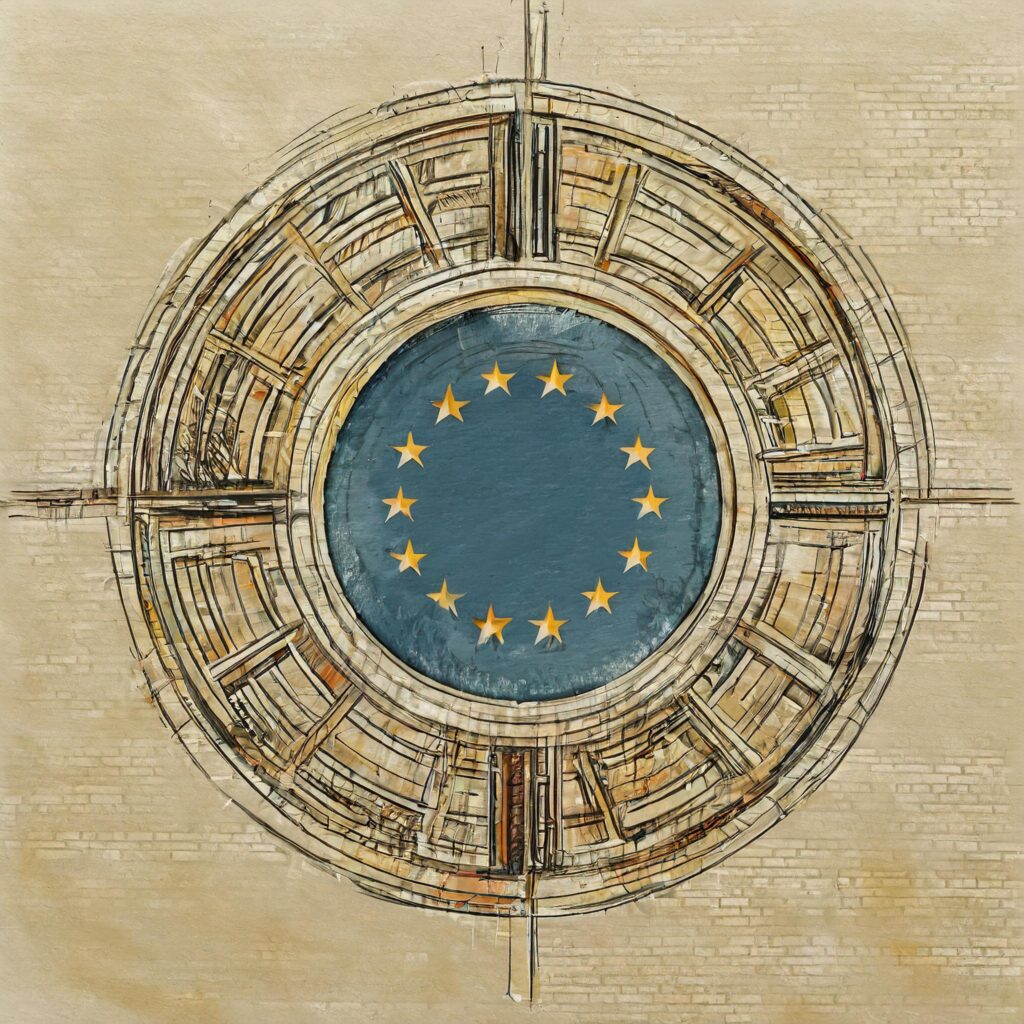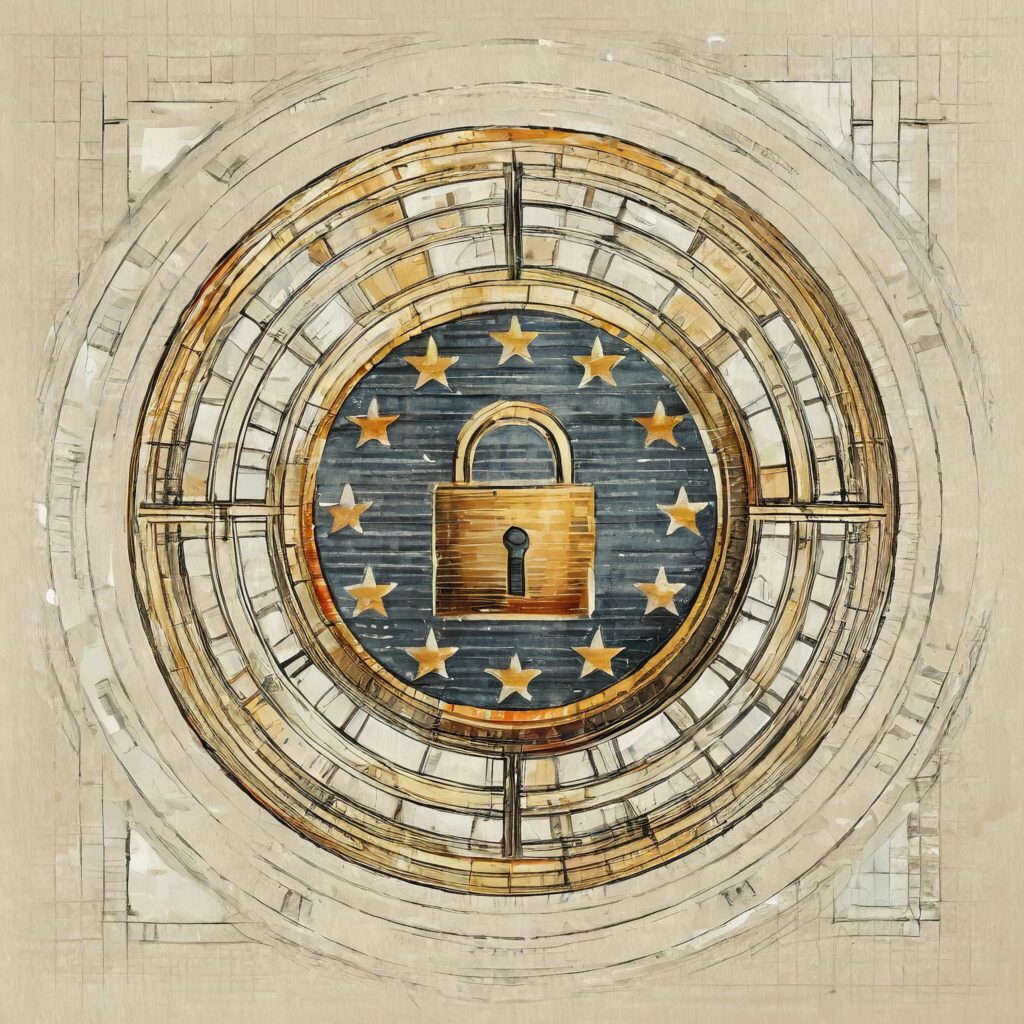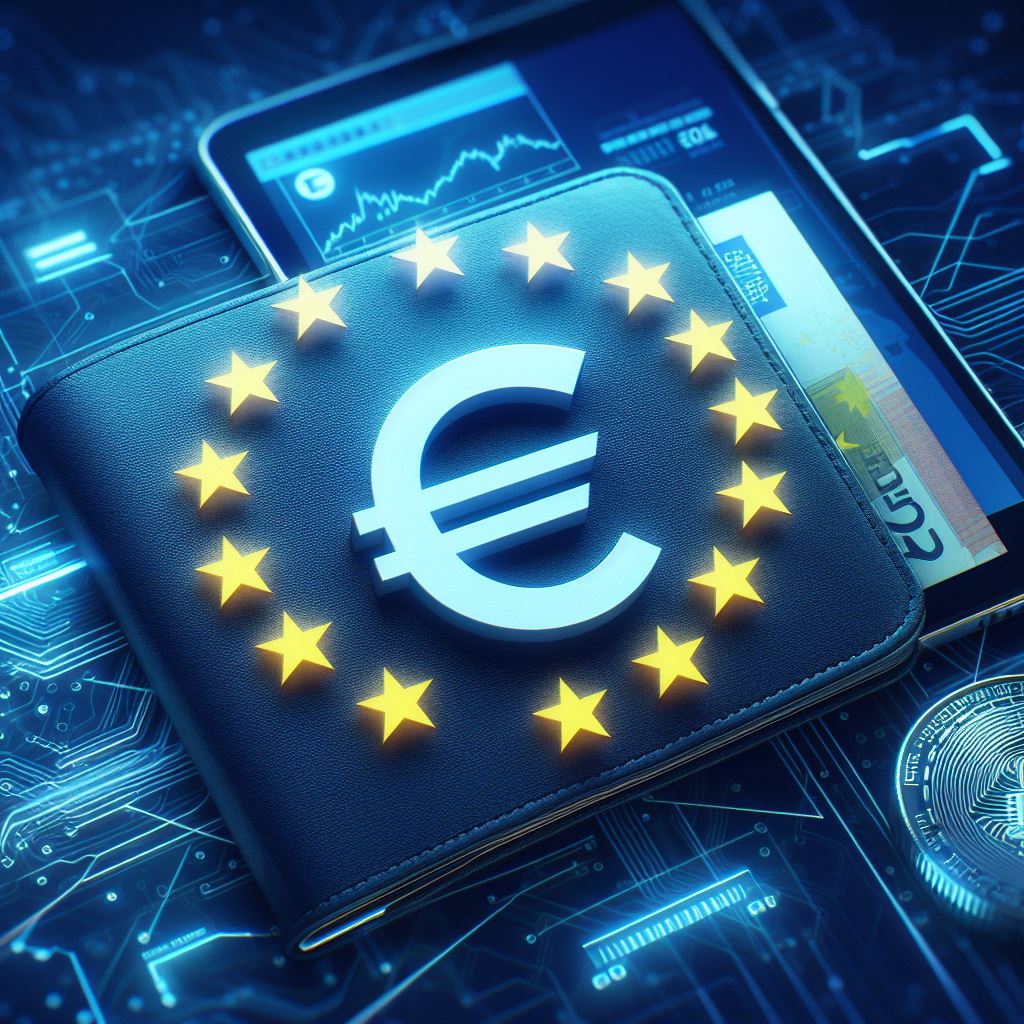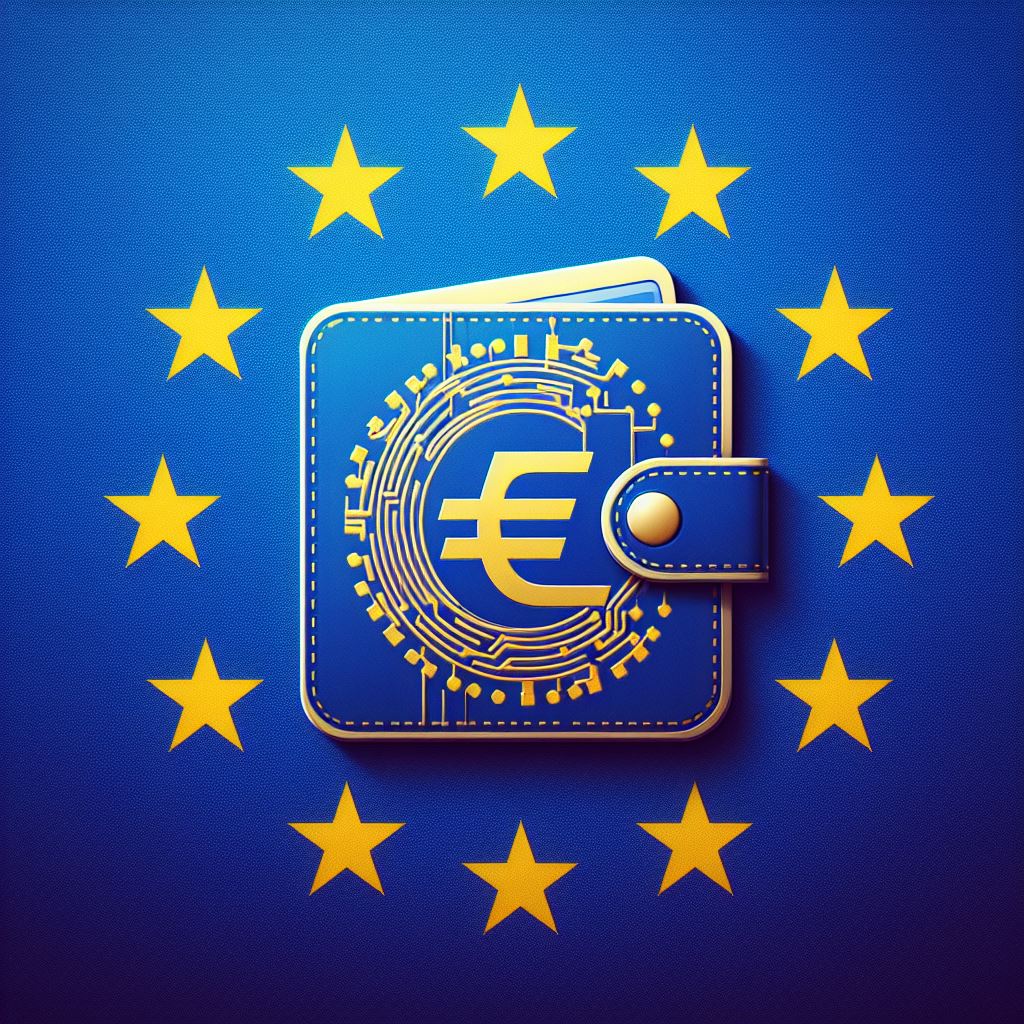EU Secures Identities and Privacy With New Digital ID Wallet
| By Josie Koehler |
Empowering Citizens’ Control with EU Digital Identity Regulation
In a significant stride towards enhancing digital autonomy and security, the European Union Council has approved a groundbreaking initiative allowing European citizens to take control over their digital identities. With the adoption of the European Digital Identity Regulation, individuals will soon have access to the EU Digital Identity Wallet (EDIW), enabling them to seamlessly prove their identity and share electronic documents using their phones. This transformative project, intended to be completed by 2026, marks a crucial step in the digital evolution of European society.



Unlocking Digital Autonomy with EU Digital Identity Wallet (EDIW)
The 2014 eIDAS law, which enabled cross-border access to public services through national electronic identification schemes (eIDs), needed to be updated in light of the changing digital landscape. In 2021, the European Commission initially suggested amending the 2014 legislation, stating that every individual ought to be in charge of their digital identity. This is when the concept first emerged. The core value of the EU Digital Identity Wallet is that every individual should have control of their online persona. When the wallet becomes available, residents will be able to move freely around the EU while always preserving the security and privacy of their personal data.
EU Council’s Approval Paves the Way for Digital Empowerment
The recent approval by the EU Council on March 26, 2024, after over three years of development, has cleared the path for the creation of a digital wallet that is accepted by all member states. This wallet, which is made to be safe, easy to use, and firmly owned by individuals, marks the beginning of a new era in digital empowerment.
By 2026, member states must offer a digital identification application to their citizens that is based on common technological standards and requires mandatory certification. These digital wallets will come with features to report data protection violations and communicate with other digital wallets, in addition to an online and offline transaction register. The public will be able to utilize free electronic signatures for non-business activities and link their digital wallets to current national digital IDs, such as Italy’s SPID (Public Digital Identity System).



Flexibility and Protection in EU Digital Identity Regulation
One important thing to note about this implementation is that it will not be mandatory. The EU Digital Identity Regulation highlights the optional character of the digital wallet by requiring safeguards against discrimination against those who choose not to use it. The application code will be open-sourced so that member states have the choice to implement or withhold certain application aspects for varying reasons. Thus, flexibility is maintained without sacrificing fundamental privacy requirements.
The European Union reinforces its commitment to promoting a safe, inclusive, and privacy-focused digital ecosystem with the introduction of EU digital IDs. The introduction of this game-changing instrument as 2026 draws nearer offers a road forward for a more secure and just digital future for all Europeans.






